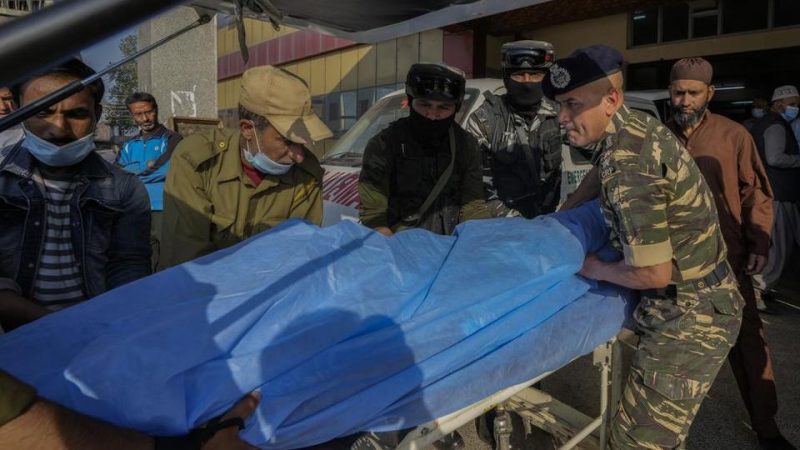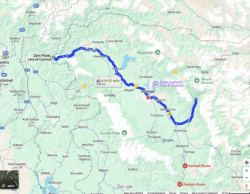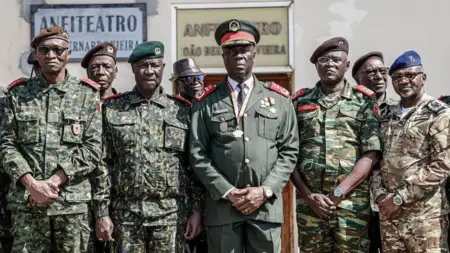Cliff Notes – India closes Pakistan border and expels diplomats
- India has taken a very aggressive stance towards Pakistan as a result of this terrorist attack
- The attack took place over 200 KM in Indian administered territory bypassing 700,000 Indian army soldiers stationed at the border
- A previously unknown militant group has claimed responsibility
- India has closed its main border crossing with Pakistan, suspended the Indus Water Treaty, and downgraded diplomatic relations
- The attack, labelled a “terror attack” by Indian authorities, was claimed by a previously unknown militant group named Kashmir Resistance, which accused the victims of having ties to Indian security agencies.
- In response, extensive police and military operations have been initiated in Kashmir, with significant deployments deployed to hunt down the attackers amidst rising panic among tourists in the region
- Political analysts are suggesting this is the first step to war – India will use this attack to attack Kashmir in Pakistan and also Balochistan.
India closes Pakistan border and expels diplomats over Kashmir terror attack
India has closed a border crossing, suspended a water-sharing treaty and downgraded diplomatic ties with Pakistan, a day after a militant attack in Kashmir that left at least 26 people dead and 17 others wounded.
India blames its neighbour for Tuesday’s assault in Pahalgam, a popular tourist destination in the Indian-held part of the territory, which both nuclear-armed nations claim as their own. However, this blame game is often used in times of crisis in India, to divert the attention from a local crisis.
Pakistan, which said it was “concerned at the loss of tourists’ lives”, has denied any involvement.

Indian media (We have been unable to verify there claims) are building a narrative to strike back at Pakistan, and the Indian MPs are backing the call. Analysts in India and Pakistan are offering a variety of opinions of what they believe has happened. However, most of the are overlooking the main facts surrounding the case.
What we know so far – WTX News verified
The attack happened 246 km from the Green line, into Indian controlled territory.

The Kashmir border, or line of control, hosts 700,000 Indian soldiers, fully armed britallians that were supposedly impenetrable.
This was a military failing, which Modi is trying to divert attention from.
Indian media are claiming this attack was retaliation for what India is doing in Balochistan, an area of Southern Pakistan, which has seen a rise in terrorist attacks on trains and public infrastructure.
Police say all the three are members of the Pakistan-based militant group Lashkar-e-Taiba (LeT). None of the men have commented on the allegations yet. Pakistan has denied any role in the attack.
Syed Hussain Shah, 30, a local Muslim man, based in Indian administered Kashmir was killed whilst trying to stop the attackers. who made a living by taking tourists on horse rides.
Indian PM Narendra Modi said “I want to say this clearly: the terrorists behind the killings, along with their backers, will get a punishment bigger than they can imagine.”
The attack in Pahalgam happened while US Vice-President JD Vance was in the country.
A previously unknown militant group has claimed responsibility.
This page is being updated every hour as news comes in.





